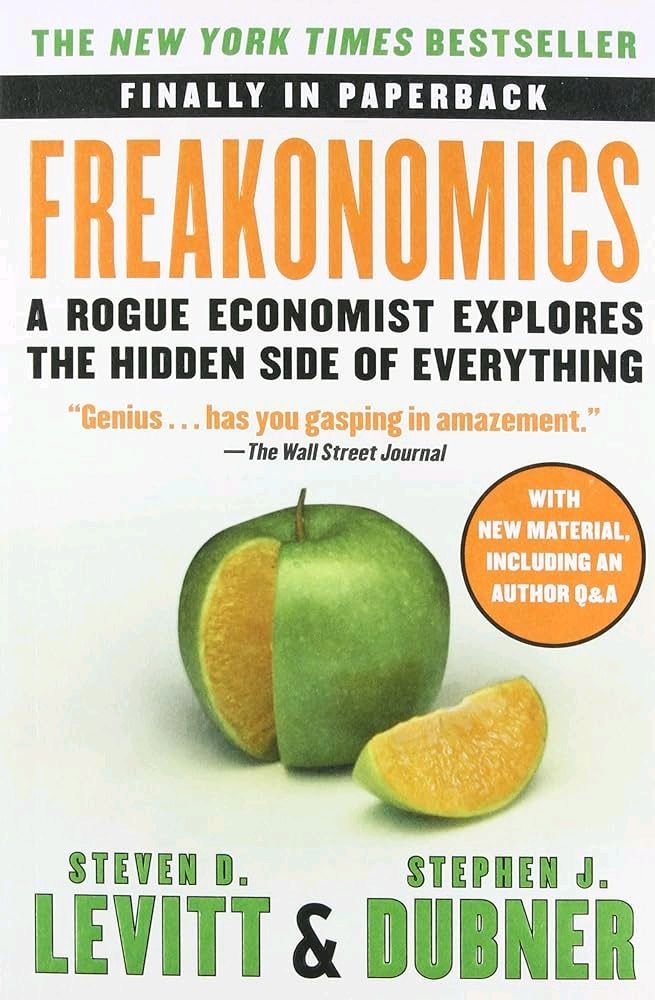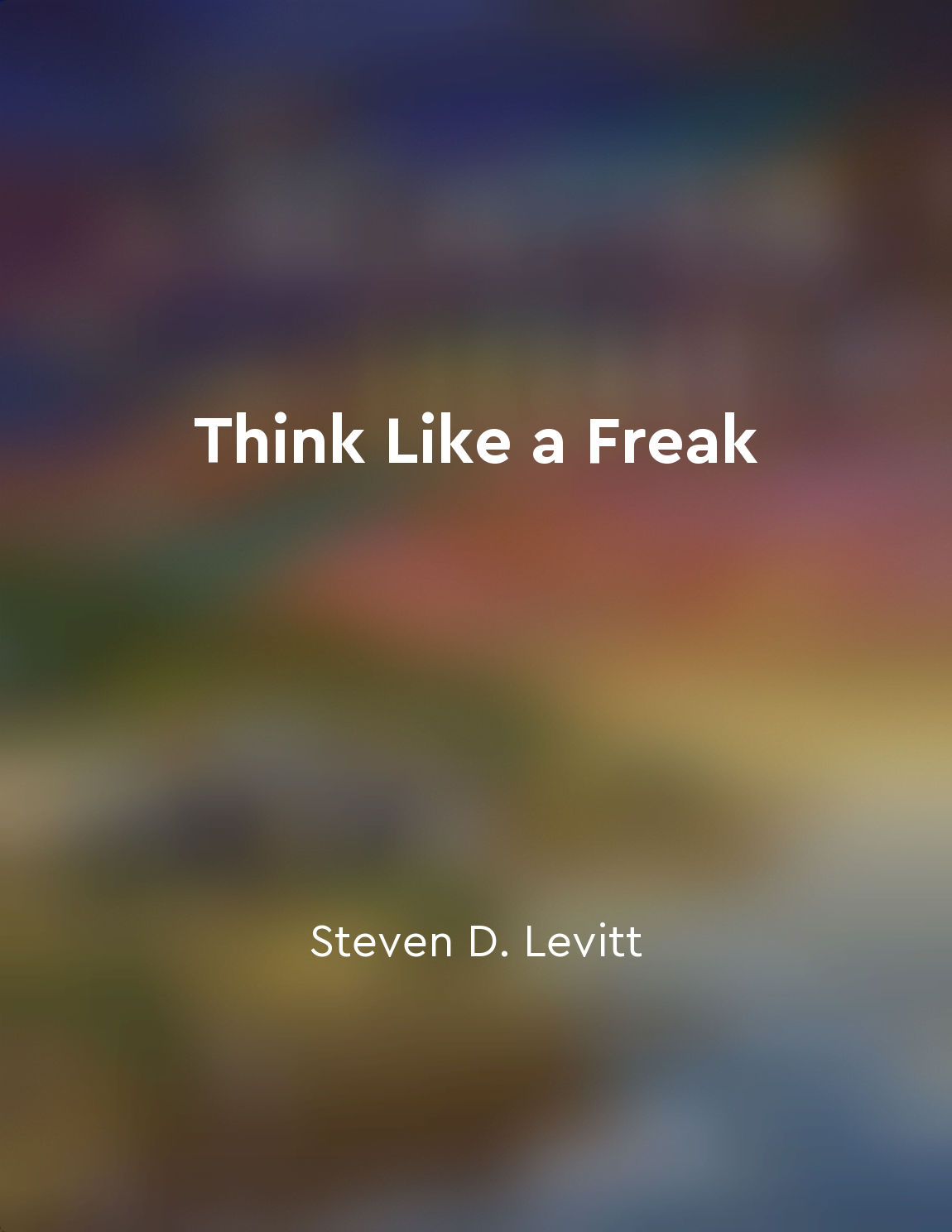We need to be aware of biases in big data from "summary" of The Internet of Us: Knowing More and Understanding Less in the Age of Big Data by Michael P. Lynch
When using big data to make decisions or draw conclusions, it is crucial to be aware of the biases that may be present in the data. Big data sets are often vast and complex, containing information from a wide range of sources and contexts. As a result, these data sets can easily reflect the biases and assumptions of those who collected, curated, or analyzed the data. One common source of bias in big data is selection bias, which occurs when certain types of data are systematically excluded from the dataset. For example, if a study only collects data from people who have access to the internet, the resulting dataset may not be representative of the population as a whole. Similarly, if a social media platform uses an algorithm that favors certain types of content over others, the resulting data may be skewed towards those preferences. Another source of bias in big data is confirmation bias, which occurs when researchers only seek out information that confirms their preexisting beliefs or hypotheses. This can lead to cherry-picking data that supports a particular conclusion while ignoring data that contradicts it. In the age of big data, where vast amounts of information are readily available, it is essential to guard against confirmation bias and strive for objectivity in data analysis. Moreover, the algorithms used to analyze big data can also introduce biases into the results. Machine learning algorithms, for example, learn from the data they are trained on, which means that if the training data is biased, the algorithm's output will also be biased. Additionally, the way in which data is categorized or labeled can introduce biases into the analysis. For instance, if a dataset only allows for binary categorizations (e. g., male or female), it may not accurately capture the diversity of human experiences.- Being aware of biases in big data is essential for making informed decisions and drawing reliable conclusions. By critically evaluating the sources, methods, and assumptions underlying the data, we can mitigate the impact of biases and ensure that our analyses are as accurate and objective as possible.
Similar Posts
Search data can uncover hidden biases
Search data can uncover hidden biases. When we search for information online, we tend to be more honest than when we are face-t...
Developing responsible algorithms is imperative
It is vital to acknowledge the power held by algorithms in shaping our society. These mathematical models have the ability to i...

Success is often the result of strategic decisions
Success, in many cases, can be attributed to the strategic decisions made by individuals. These decisions, whether conscious or...

Humans are becoming more like gods, with the power to shape their own destinies
In ancient times, humans worshiped gods who controlled their fate and determined the course of their lives. These gods were bel...

Universal basic income could provide a safety net for those displaced by technology
One way to address the challenges posed by the displacement of jobs due to technology is through the implementation of a univer...
Disruption is inevitable
In the digital age, the pace of change is accelerating exponentially. New technologies are constantly being developed and adopt...
Access trumps ownership
We are witnessing a shift in the way we relate to things. Ownership is no longer the ultimate goal; access is becoming more imp...
Automation is reshaping industries at an unprecedented pace
Automation is disrupting industries across the globe in a manner never seen before. The rapid advancement of technology has led...

Experiment and learn from mistakes
The key to thinking like a freak is to embrace the idea of experimenting and learning from mistakes. This concept is crucial be...
Cultivate a learning organization that thrives on continuous improvement
In the high-octane world of Formula 1 racing, teams understand the critical importance of continuous improvement. The culture o...

